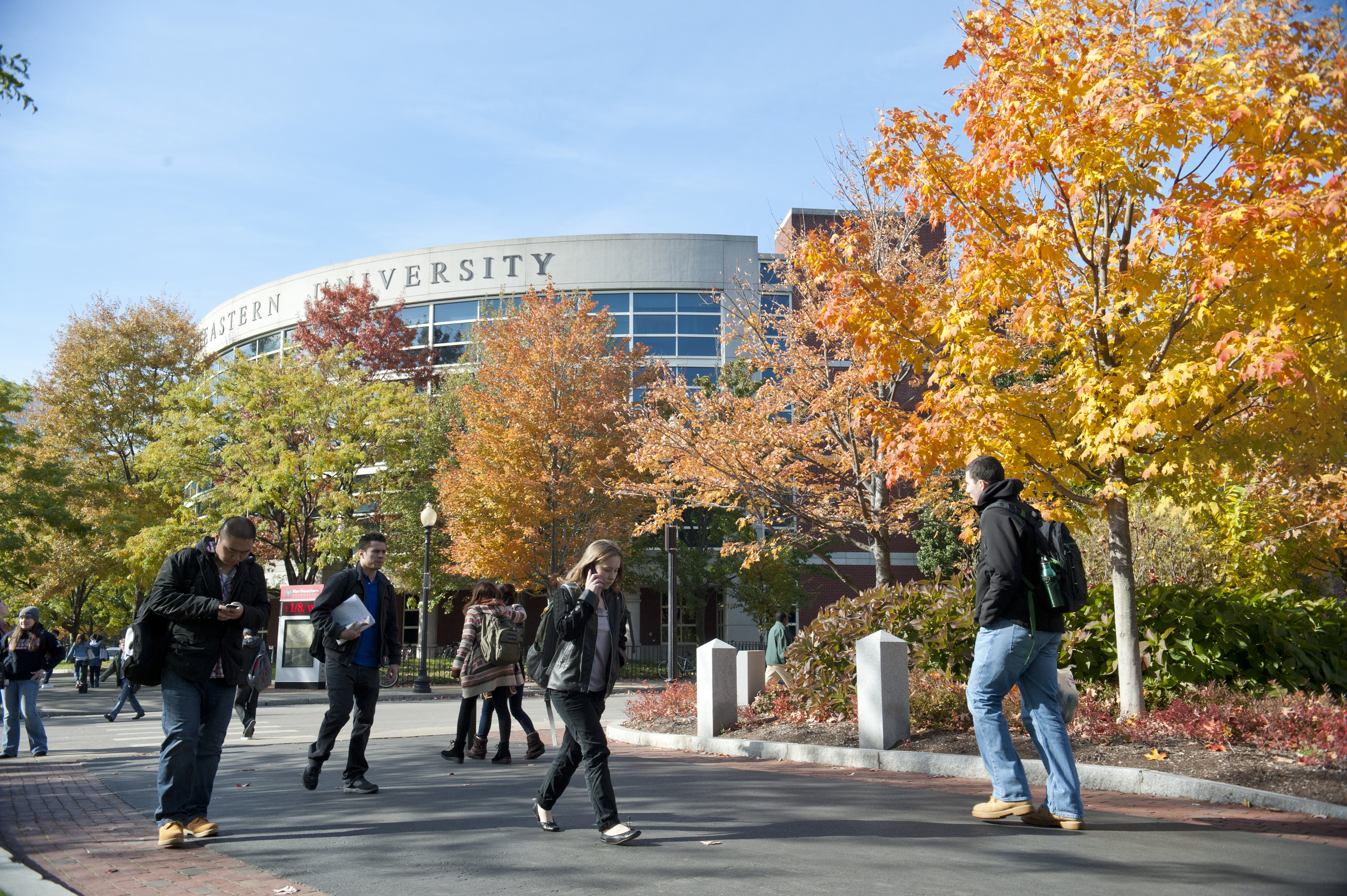The Behavioral Neuroscience Program is proud to announce the addition of two new academic faculty during 2015. Their research and teaching expertise will enhance and expand our core course offerings and student experience.
Jamie Bunce is our new BNS Lecturer who will teach Biological Psychology, Neurobiology, and an Inquiries section on Lifespan Neuroscience this fall. Next semester, he will offer an advanced course on Neuropsychology. You can reach him by email or in his office at 382 Nightingale Hall.
This is what he had to say about his research interests:
“My overarching research interests lie in the neural mechanisms of memory. During my PhD and post-doctoral studies at the University of Connecticut and Boston University, I studied the pharmacology, physiology, anatomy and emergent function of the hippocampus and related mnemonic structures in the medial temporal lobe, as well as the interaction between attention and emotions and memory. This summer, my research focused on the interactions between the prefrontal cortex, the amygdala and the hippocampal formation. Clinical findings and imaging studies in patients suffering from post-traumatic stress disorder indicate that symptoms manifest due to disruptions in this neural circuit affecting the integration of context with emotionally salient memories. My findings are being used to better understand the underlying neuropathology in these clinical populations. I am super excited to be joining the Behavioral Neuroscience Program at Northeastern this Fall. When I’m not in the office or the classroom, you can find me mountain biking (wearing my helmet of course) in the Fells or riding the lift at Highland Bike Park.”
Jennifer Pirri joined us in the spring as an Assistant Teaching Professor and Faculty Advisor. Next semester, she will offer a new course on Behavioral Genetics. You can reach her by email or in her office at 380 Nightingale Hall.
This is what she had to say about her research interests:
“My main research interest aims to understand how the nervous system directs the flow of information necessary to orchestrate complex, coordinated behaviors. As a graduate student and Post-Doctoral researcher at the University of Massachusetts Medical School, I studied how the nervous system coordinates escape behaviors in response to stress stimuli. A critical feature of escape behaviors is the fast translation of sensory input into a coordinated behavioral output. Animals must not only sense the presence of a predator, but also coordinate distinct motor programs to produce an efficient escape. My research utilized the nematode worm, Caenorhabditis elegans. The detailed knowledge of the C. elegans nervous system combined with its amenability to genetic analysis makes it a powerful model system for identifying neurons, neural circuits and genes that contribute to behavior. C. elegans exhibits a robust escape behavior in response to touch, where the worm quickly retreats from the point of stimulus while suppressing its head movements. It had been shown that the biogenic amine, tyramine modulates the suppression of head movements in response to touch. I identified a novel tyramine-gated chloride channel, LGC-55, whose activation by tyramine coordinates motor programs essential for escape, defining a complete neural circuit from sensory input to complex motor output of a coordinated stress induced behavior. I am continuing to work on understanding how neurons work together to receive, encode, process and generate purposeful behaviors during the summers in collaboration with colleagues at Princeton University. When I am not busy teaching or advising students, you can find me exploring trails on my bike, hiking up Mt. Monadnock or experimenting in my kitchen.”

